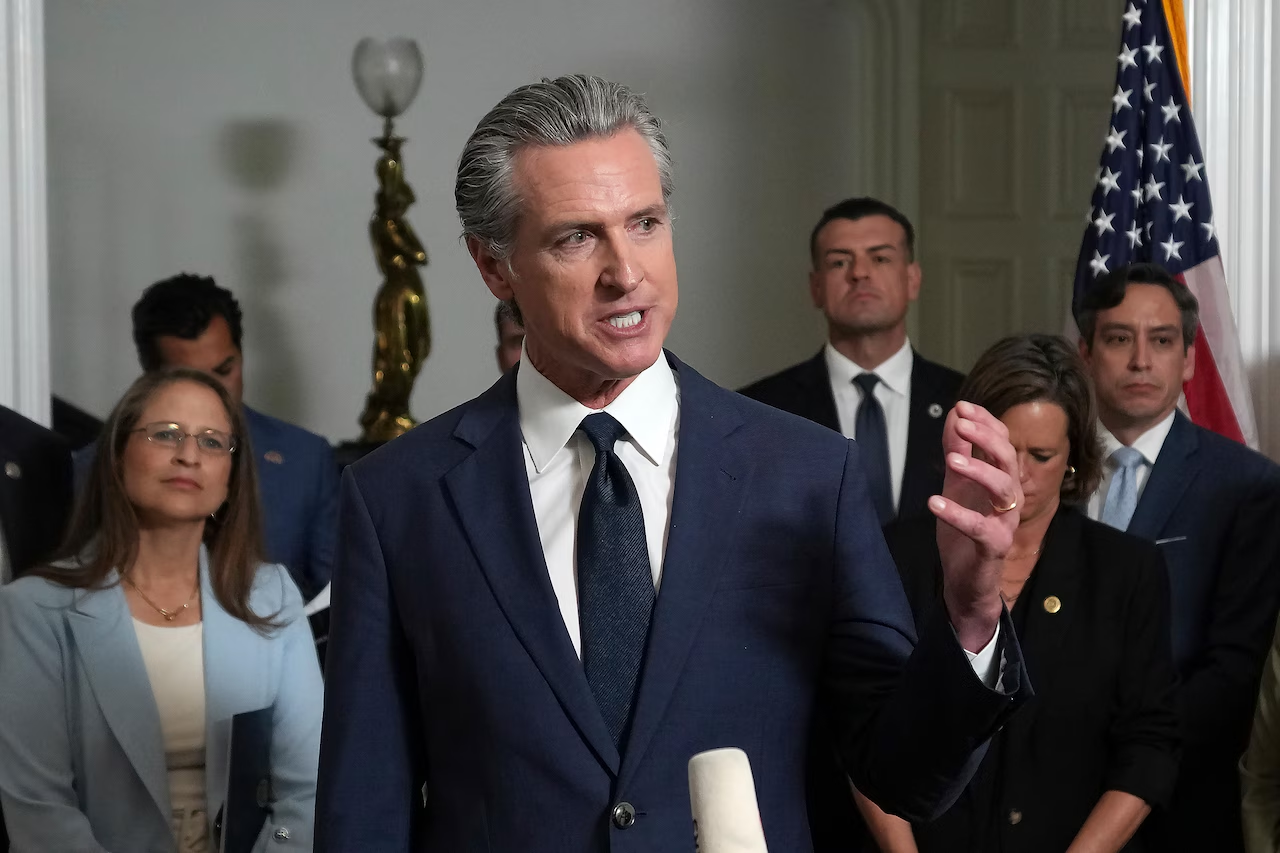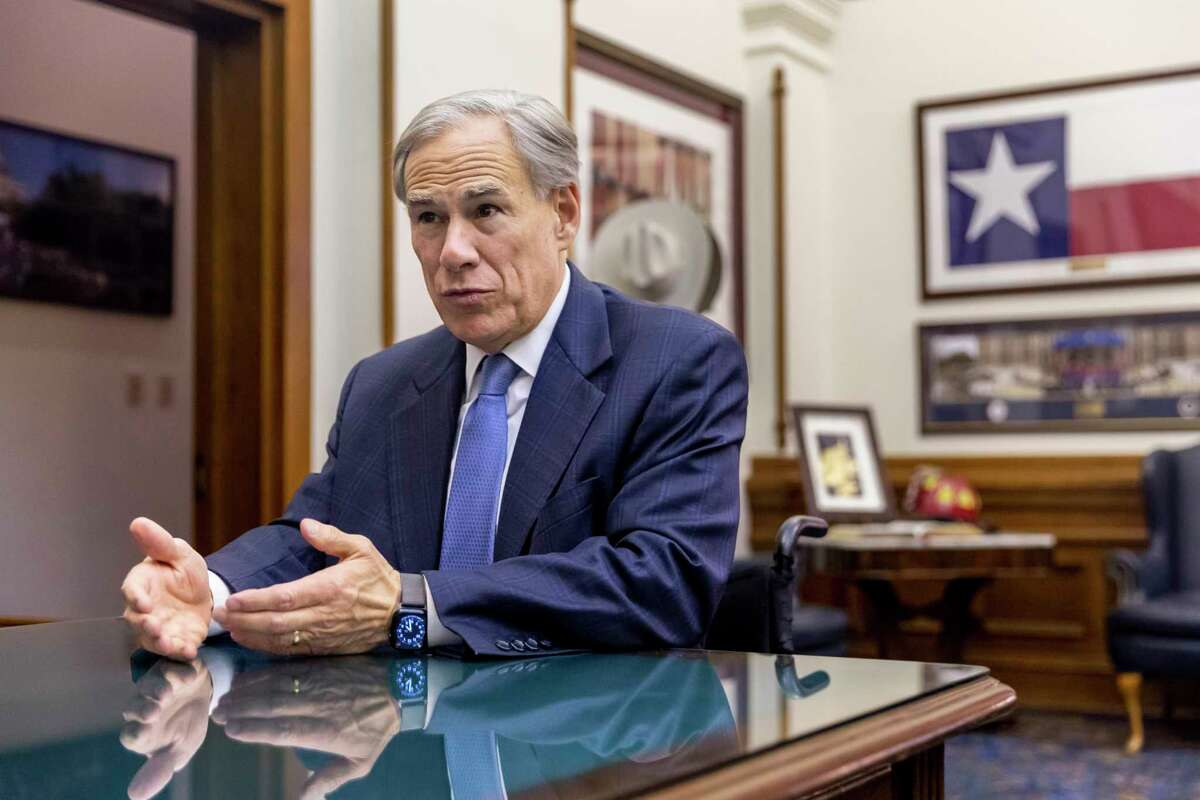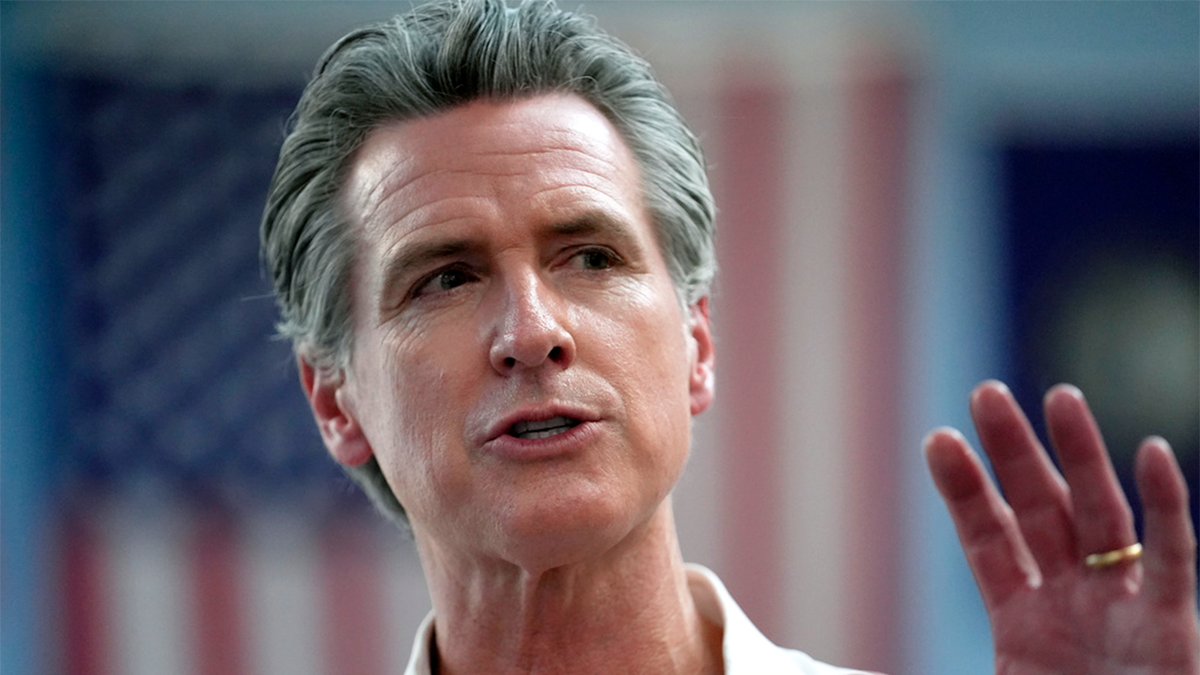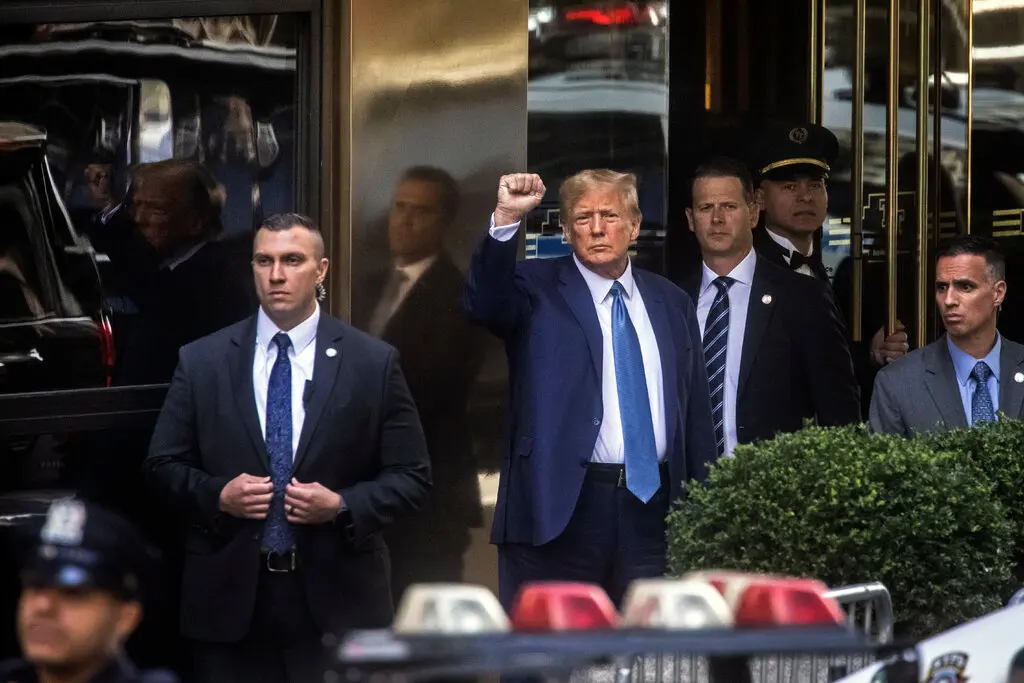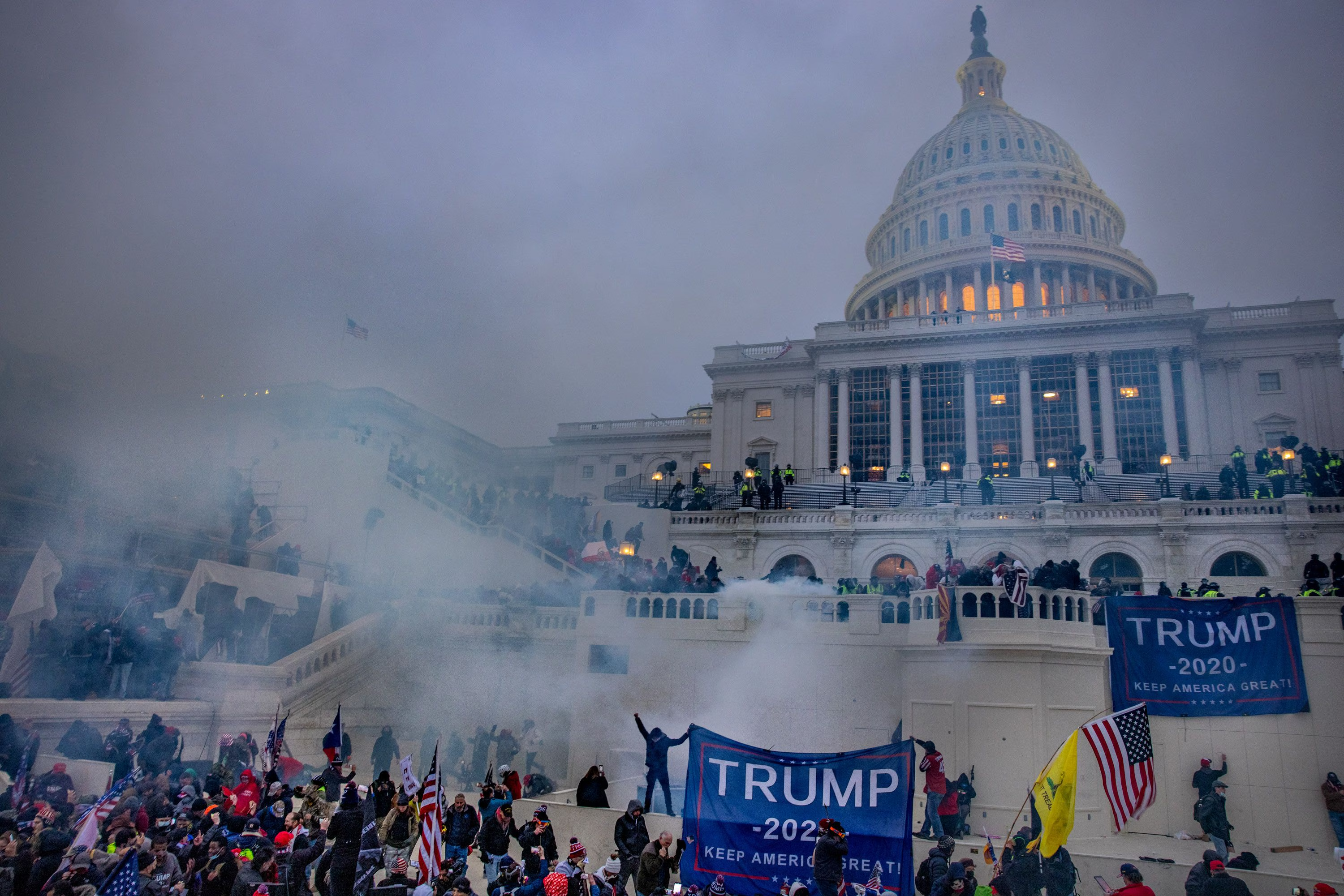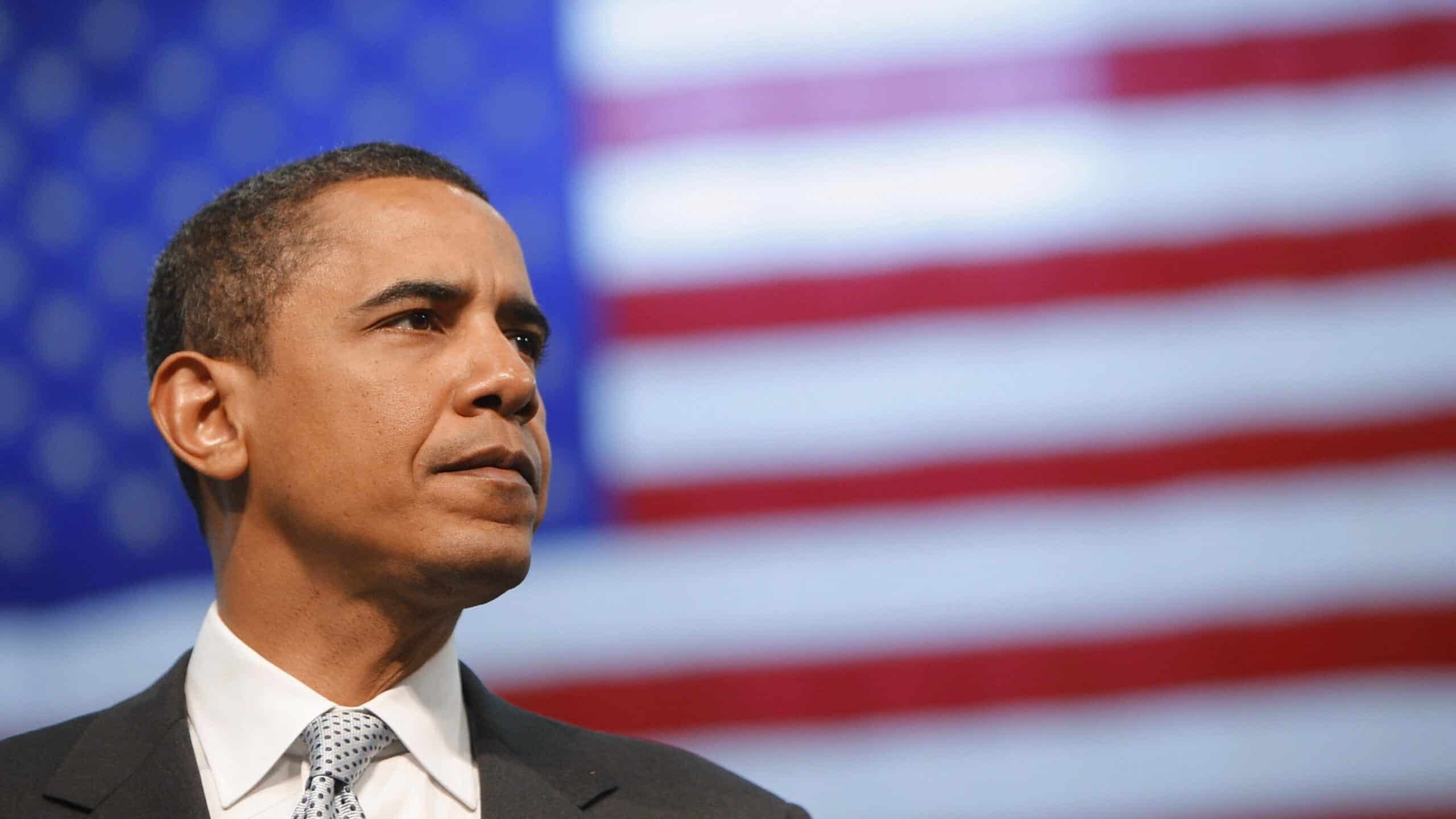
Nearly three weeks after being described as a historic turning point in American political life, the “bombshell” revelations surrounding the Obama-era “Russia hoax” investigation remain in a state best described as completely invisible.
The revelations came on July 23, 2025, when Director of National Intelligence Tulsi Gabbard declassified documents accusing senior Obama administration officials—including former Director of National Intelligence James Clapper—of manipulating intelligence assessments to frame Russia as preferring Donald Trump in 2016. The declassified materials, she said, were being referred to the Department of Justice for potential criminal prosecution. At the time, the story dominated right-wing media, complete with confident predictions of a sweeping legal reckoning.
Since then, however, the process has been difficult to locate. While Attorney General Pam Bondi announced the formation of a DOJ strike force and the opening of a grand jury investigation, neither development has been accompanied by public indictments, visible legal action, or any indication that such things are still happening. Experts say this is common in large, complex federal cases, but that explanation has not stopped political commentators from wondering if the case is unfolding in some kind of judicial witness-protection program.
The declassified materials included internal emails in which Clapper encouraged intelligence officials to “compromise on our ‘normal’ modalities” and issue a unified report, despite reported concerns from then-NSA Director Mike Rogers that the timeline and methodology were insufficient. The NSA’s skepticism did not prevent the final Intelligence Community Assessment from concluding that Russia preferred Trump—a conclusion now described by Gabbard and other Trump allies as the centerpiece of a “years-long coup.”
Calls for accountability have been loud and bipartisan. Republican Senators John Cornyn and Lindsey Graham formally urged the attorney general to appoint a special counsel, warning that the alleged politicization of intelligence agencies represented a direct threat to democratic governance. Vice President J.D. Vance went further, declaring that Americans would soon see “a lot of people get indicted.” Former President Obama’s spokesperson dismissed the allegations as “unfounded distractions,” a term which has since become a placeholder for the entire legal process.
Despite the heated rhetoric, the intervening weeks have produced no arrests, no high-profile testimony, and no visible acceleration of events. Legal analysts point out that such silence could indicate either a meticulous investigation—or that the momentum of the case has been absorbed entirely into the abstract concept of “pending.”
The absence of developments has left political media in an awkward position. Outlets that originally framed the revelations as “historic” have gradually reduced coverage to occasional segments that mostly re-air the original claims, accompanied by panel discussions about why nothing is happening. On social media, speculation alternates between confident predictions of imminent justice and resigned acceptance that the case may be stuck in what one user called “a waiting room with no magazines.”
At present, the “bombshell” appears to have settled into the same category as other high-profile Washington scandals: perpetually important, perpetually unresolved, and perpetually just one more week away from the next big moment.
